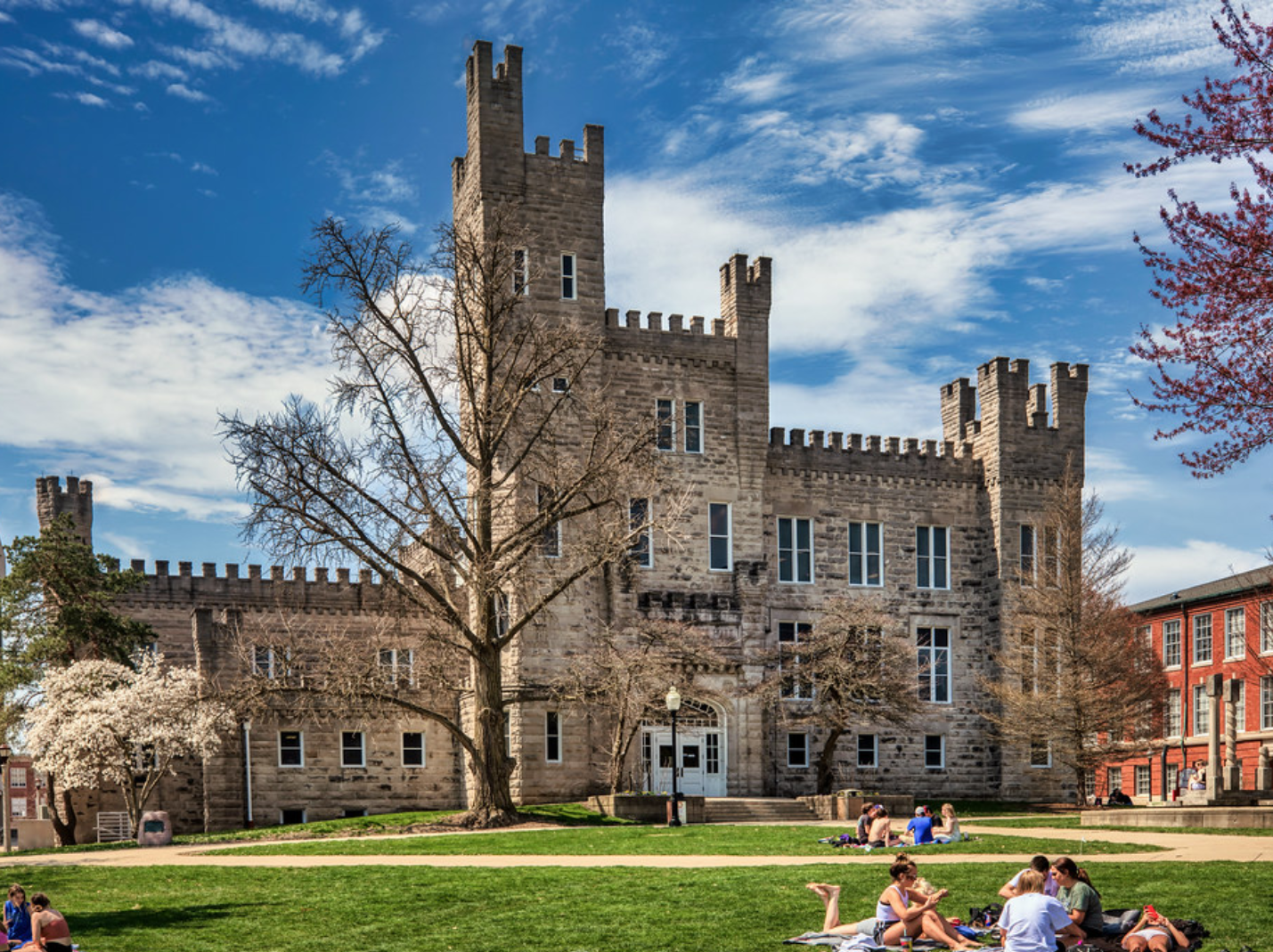
Editor’s Note: The following is an article originally published by the College Fix on October 15, 2025. With edits to match Minding the Campus’s style guidelines, it is crossposted here with permission.
Nearly half of U.S. states offer in-state tuition to illegal immigrant students despite federal restrictions on such benefits, according to the Higher ED Immigration Portal.
Among these 22 states, 18 also extend additional financial aid to these students. These policies persist despite recent legal challenges from the Trump administration, which is working to uphold a long-standing immigration law prohibiting residency-related benefits for illegal immigrants.
The Illegal Immigration Reform and Immigrant Responsibility Act of 1996 states that illegal immigrants cannot receive postsecondary education benefits “on the basis of residence within a State.” The only exception to this rule is when the same benefits are made available to all U.S. citizens, regardless of their location.
Heritage Foundation Senior Research Fellow Simon Hankinson told the College Fix that continued in-state tuition for illegal immigrants is fundamentally unfair.
[RELATED: Visa Students: Non-Citizens Are Guests and Should Not Have the Same Rights as Americans]
Under these policies, an American student from Oklahoma cannot attend a Texas university and pay in-state tuition, yet someone residing in the U.S. illegally could receive that benefit.
“You have American students from the other 49 states subsidizing illegal immigrants in another,” he said.
He also said these unfair policies may be due to local politics.
He said some Republican-leaning states like Arizona and Florida have “a huge population of illegal immigrants.”
“It’s possible that that just got caught up in local politics and that the lobby that was pushing for in-state tuition was able to get their way,” he said.
He said media coverage often frames the issue as the federal government trying to block states from helping poor migrant students, when in fact, the Department of Justice (DOJ) is simply enforcing existing law.
If Congress wants to change that law, it can. But until then, it’s the DOJ’s responsibility to uphold it, regardless of political preferences, he said.
“Every so often the law is just so blatantly clear,” Hankinson said.
As part of a string of recent lawsuits seeking to enforce the 1996 law, President Trump’s DOJ recently sued the state of Illinois, which offers illegal immigrants comprehensive access to in-state tuition.
Illinois Governor JB Pritzker is fighting the lawsuit.
“While the Trump Administration strips away federal resources from all Americans, Illinois provides consistent and inclusive educational pathways for all students,” a spokesperson for the governor said, according to Axios.
The Trump administration has also sued several other states, including Oklahoma, Kentucky, Texas, Minnesota, Oregon, Washington, and Colorado.
So far, Texas, Oklahoma, and Kentucky have reached settlements to terminate their in-state tuition policies for illegal immigrant students.
However, the Presidents’ Alliance on Higher Education and Immigration condemned these decisions in an August statement.
President Miriam Feldblum said Trump’s lawsuits “distort the truth” as “in-state tuition laws do not grant special privileges to undocumented students.”
“Denying students affordable tuition undermines the ability of states to meet their workforce needs and build thriving economies,” she said.
[RELATED: Why the West’s Colder Welcome to International Students Isn’t a Setback]
Director of State Policy Monica Andrade said, “State policies offering in-state tuition to undocumented students are fully consistent with federal law. For decades, states have exercised their authority to define who qualifies for in-state tuition rates.”
“Undermining these policies does real damage to states’ ability to retain an educated workforce. When students are priced out of college, states lose out on future skilled workers, professionals, and taxpayers,” she said.
According to the Presidents’ Alliance, approximately 408,000 illegal immigrants are currently enrolled in colleges nationwide.
The offices of the governors of Minnesota, Oregon, Washington, Colorado, and the attorney general of Kentucky did not respond to requests for comment on their policies regarding in-state tuition and other benefits for illegal immigrants.
The College Fix also reached out to the National Immigration Law Center, which declined to comment. The Presidents’ Alliance on Higher Education and Immigration did not respond to multiple requests for comment.
Image: “The ‘Old Castle,’ Illinois State University, Normal, Illinois” by Randy von Liski on Flickr
Because of geography, many people who work in Boston live in NH — and pay Mass state income tax. (NH doesn’t have one.)
They are charged out-of-state rates at MA state universities — even though they pay the taxes to support them.